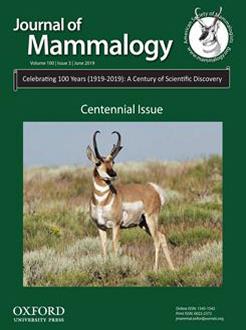Marsupials and their fossil relatives, which collectively comprise Metatheria, have been of scientific interest for centuries, with many aspects of their evolution and systematics subject to intense research and debate. Here, we review progress over the last 25 years, which has included the description of many new species (modern and fossil), and major improvements in understanding of their phylogenetic relationships, as well as the overall evolutionary history and biogeography of Marsupialia (crown-clade) and Metatheria (total-clade). Significant advances have included the deployment of increasingly sophisticated molecular, morphological, and total evidence analyses, which have resolved most previously disputed relationships among and within the modern marsupial orders. A broad systematic consensus is now emerging, although several major areas of contention remain, particularly among fossil metatherians. New modern species continue to be described at an impressive rate, with almost 50 named in the last 25 years, and many more await discovery. There has also been an explosion in the discovery and description of fossil marsupials and non-marsupial metatherians (∼270 species), principally from Australasia and the Americas but also from Antarctica, Europe, and Asia. Most are represented by dental specimens only, but some consist of complete and well-preserved material, which has led to major improvements in our understanding of the evolution of cranial and postcranial morphology. Improvements in the fossil record and advances in methods for inferring divergence times have helped clarify when and where key events occurred in metatherian evolution, and the patterns of subclade diversification. We also have improved understanding of biogeographical relationships among metatherians on different landmasses. Despite enormous progress, numerous key uncertainties remain due to major gaps in the fossil record (e.g., Antarctica, Late Cretaceous, and early Paleogene of Australia) and a comparative lack of studies that directly combine molecular and fossil data. Future advances will largely depend on improvements in the fossil record and studies that better integrate neontological and paleontological evidence.
How to translate text using browser tools
11 July 2019
An emerging consensus in the evolution, phylogeny, and systematics of marsupials and their fossil relatives (Metatheria)
Mark D. B. Eldridge,
Robin M. D. Beck,
Darin A. Croft,
Kenny J. Travouillon,
Barry J. Fox
ACCESS THE FULL ARTICLE

Journal of Mammalogy
Vol. 100 • No. 3
July 2019
Vol. 100 • No. 3
July 2019
evolution
fossils
Marsupialia
Metatheria
phylogeny
systematics




